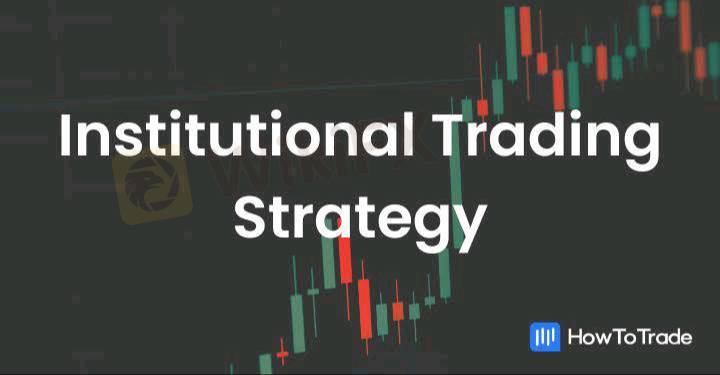
2025-02-06 15:06
الصناعةThe difference in retail and institutional trading
#firstdealofthenewyearFateema
Retail and institutional trading differ mainly in scale, strategy, and access to resources. Here’s a breakdown:
1. Trader Profile
Retail Traders: Individual investors trading with personal funds.
Institutional Traders: Large organizations like hedge funds, banks, and mutual funds managing significant capital.
2. Capital & Trade Size
Retail: Smaller trade sizes, often a few hundred or thousand dollars.
Institutional: Large-scale trades, sometimes in millions or billions.
3. Market Access & Fees
Retail: Uses standard brokerage accounts, paying higher fees and spreads.
Institutional: Access to dark pools, direct market access (DMA), and lower fees due to volume.
4. Trading Strategies
Retail: Focus on technical and fundamental analysis, often short-term trades.
Institutional: More sophisticated strategies like algorithmic trading, arbitrage, and high-frequency trading (HFT).
5. Order Execution
Retail: Executes trades through brokers with potential slippage.
Institutional: Uses advanced execution methods to minimize price impact.
6. Regulation & Reporting
Retail: Fewer regulatory requirements beyond basic KYC/AML.
Institutional: Must comply with strict regulations (e.g., SEC, MiFID II) and reporting standards.
Would you like insights into how this applies to crypto trading specifically?
إعجاب 0
Edetekpe1
Trader
مناقشة حية
الصناعة
NFP updates URDU
الصناعة
دوج كوين
الصناعة
دوجكوين
الصناعة
صعود الذهب
الصناعة
لقاحات كورونا
الصناعة
السيارات
فئة المنتدى

منصة

المعرض

الوكيل

التوظيف

استيراتيجية التداول التلقائي

الصناعة

السوق

المؤشر
The difference in retail and institutional trading
 نيجيريا | 2025-02-06 15:06
نيجيريا | 2025-02-06 15:06#firstdealofthenewyearFateema
Retail and institutional trading differ mainly in scale, strategy, and access to resources. Here’s a breakdown:
1. Trader Profile
Retail Traders: Individual investors trading with personal funds.
Institutional Traders: Large organizations like hedge funds, banks, and mutual funds managing significant capital.
2. Capital & Trade Size
Retail: Smaller trade sizes, often a few hundred or thousand dollars.
Institutional: Large-scale trades, sometimes in millions or billions.
3. Market Access & Fees
Retail: Uses standard brokerage accounts, paying higher fees and spreads.
Institutional: Access to dark pools, direct market access (DMA), and lower fees due to volume.
4. Trading Strategies
Retail: Focus on technical and fundamental analysis, often short-term trades.
Institutional: More sophisticated strategies like algorithmic trading, arbitrage, and high-frequency trading (HFT).
5. Order Execution
Retail: Executes trades through brokers with potential slippage.
Institutional: Uses advanced execution methods to minimize price impact.
6. Regulation & Reporting
Retail: Fewer regulatory requirements beyond basic KYC/AML.
Institutional: Must comply with strict regulations (e.g., SEC, MiFID II) and reporting standards.
Would you like insights into how this applies to crypto trading specifically?
إعجاب 0
أريد أن اترك تعليق
تقديم
0تعليقات

لا توجد تعليقات حتى الآن ، كن أول شخص يعلق

تقديم
لا توجد تعليقات حتى الآن ، كن أول شخص يعلق